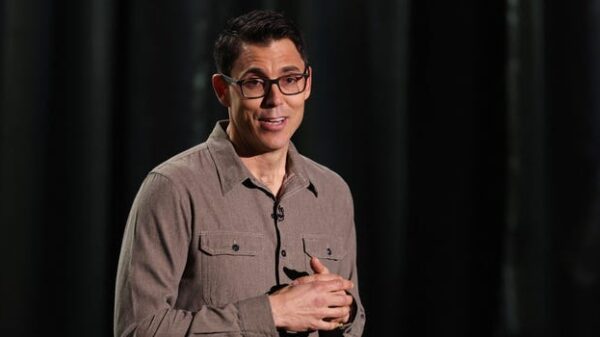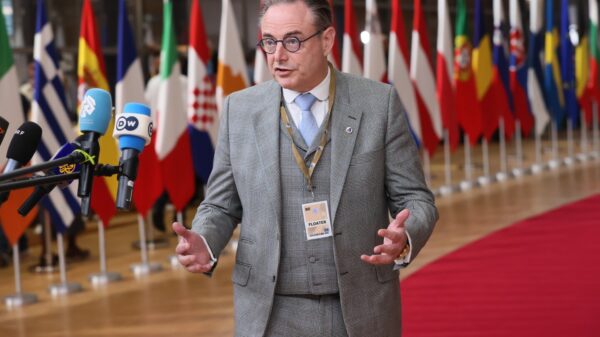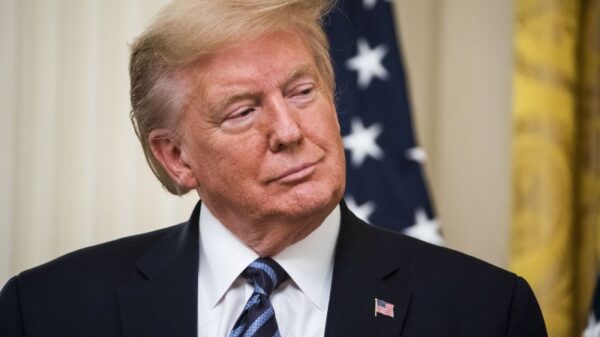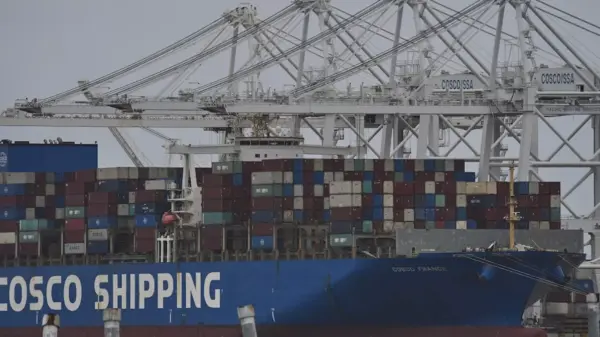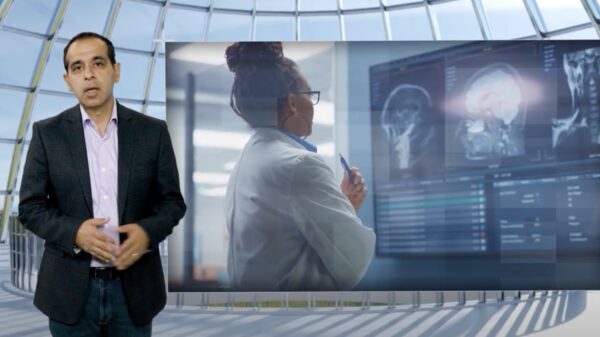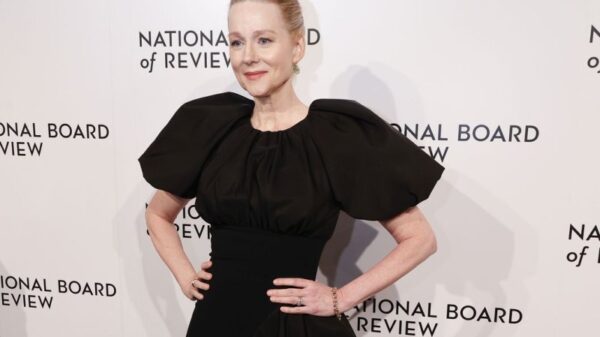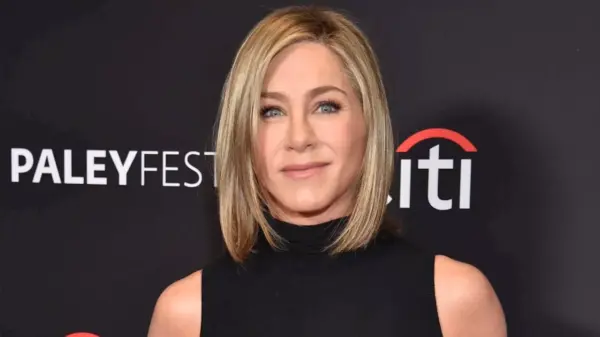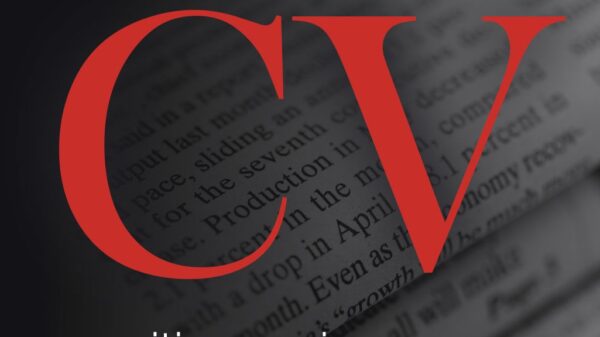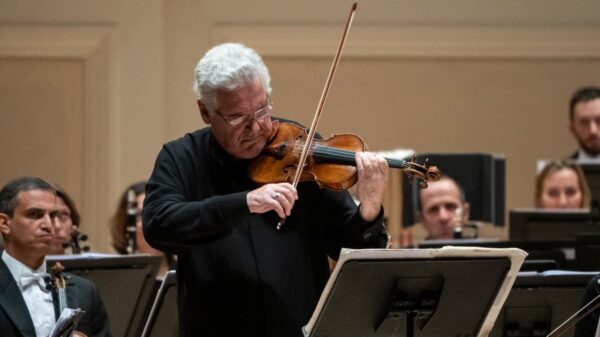Leaked messages from a WhatsApp group of Liberal Party members in New South Wales have ignited controversy, labeling calls for gender quotas as “embarrassing” amidst a growing push for stronger female representation. The discord emerged after a meeting of the NSW Liberal Women’s Council, where a majority reportedly supported quotas and cultural change following the party’s federal election loss in May.
The WhatsApp group, consisting of about 50 members including former Liberal vice-president Teena McQueen, saw heated exchanges after the meeting. The discussion was sparked by a public petition advocating for gender quotas, endorsed by prominent figures such as Hilma’s Network founder Charlotte Mortlock, the president and vice-president of the women’s council, and former NSW Liberal MP Rob Stokes and his wife, Sophie. The petition, which has garnered 500 verified signatures, calls for the immediate establishment of quotas, citing ongoing frustrations among women within the party.
Internal Reactions and Comparisons
In the leaked messages, former Young Liberals president Alex Dore drew a controversial comparison, stating, “Gender quotas are as antithetical to most Liberals as putting Labor trade unionists like John Setka on the party’s board of directors.” Another member described the quota push as “disgraceful” and “unbelievable,” expressing shock at the proposal.
Guardian Australia, while not having seen the text messages firsthand, confirmed the contents through multiple group members. A Liberal source outside the chat characterized it as a small and “cranky” faction, while another suggested the leak aimed to undermine the conversation on quotas and cultural reform.
Broader Implications and Party Dynamics
Fiona Scott, the current federal Liberal vice-president and former MP, expressed disappointment over the party’s loss of seats over the past decade. She highlighted the irony of having more women on the crossbench in former Liberal seats than on their side in the House of Representatives. “What is disgraceful, there are more women sitting on the crossbench in former Liberal seats, than sitting on our side of the bench in the House of Representatives,” she remarked.
According to party sources, there is a potential shift towards accepting a quota plan if a suitable model can be agreed upon. Implementing such a change would require 60% support from the NSW state council. However, no specific models or motions were presented at the Women’s Council meeting, indicating that further debate and consensus-building are necessary.
Opposition and Historical Context
Despite the internal push for quotas, some party members remain opposed. Frontbencher Angus Taylor has publicly stated his preference for “sensible policies in line with Liberal values” to increase female representation in parliament. Newly appointed Liberal senator Jess Collins, who aligns with Taylor, has also voiced opposition to quotas.
Historically, the debate over gender quotas is not new to the Australian political landscape. The Labor Party implemented quotas in the 1990s, leading to a significant increase in female representation. However, the Liberal Party has traditionally resisted such measures, citing a commitment to merit-based selection processes.
The Path Forward
The current debate within the Liberal Party highlights broader questions about representation and diversity in Australian politics. As the party grapples with its electoral setbacks and internal divisions, the outcome of this debate could influence its future direction and appeal to voters.
Moving forward, party leaders must navigate these complex dynamics, balancing the need for reform with the preservation of core party values. The discussions within the NSW Liberal Women’s Council and the broader party will likely continue as members seek a path that addresses the concerns of female members while maintaining electoral competitiveness.
As the conversation unfolds, the Liberal Party’s approach to gender quotas will be closely watched, both by its members and the broader public, as an indicator of its commitment to inclusivity and modernization.


